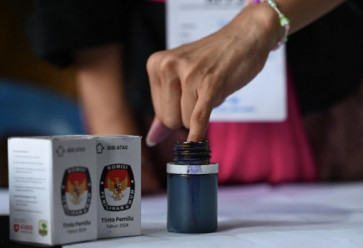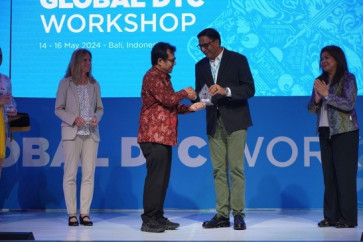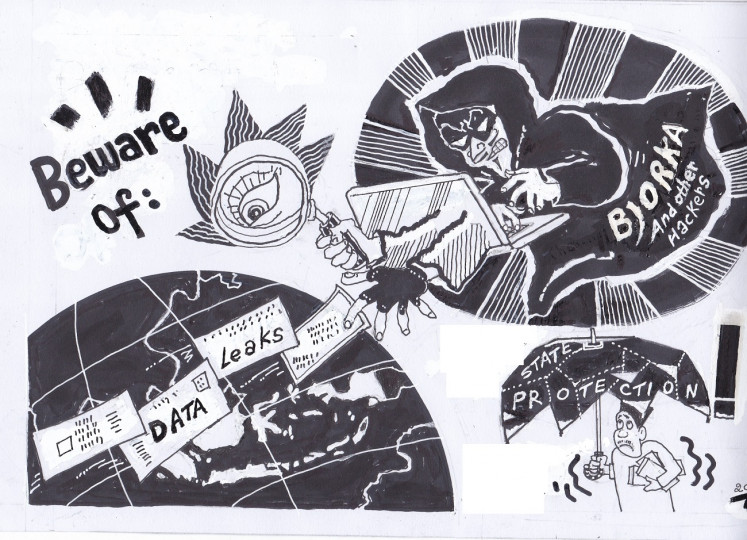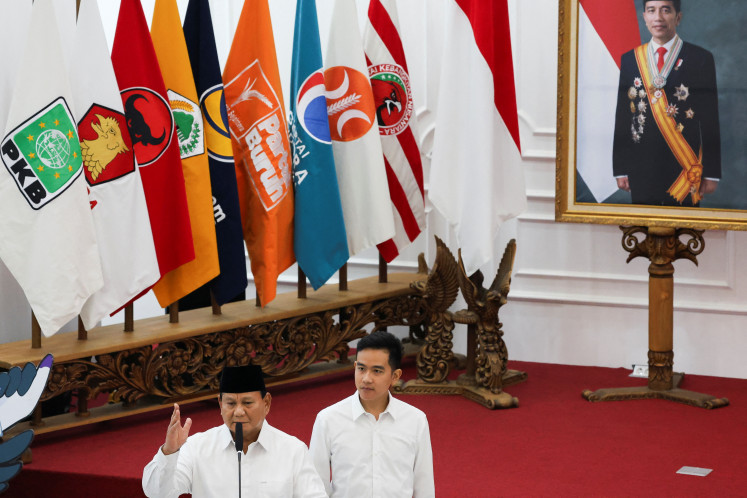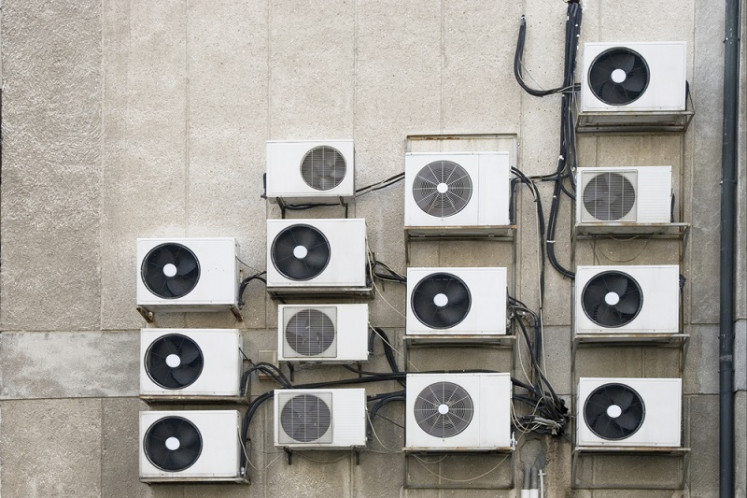Time to look beyond JETP
An effective JETP must be a burden-sharing agreement in which both sides are ready to pay.
Change Size
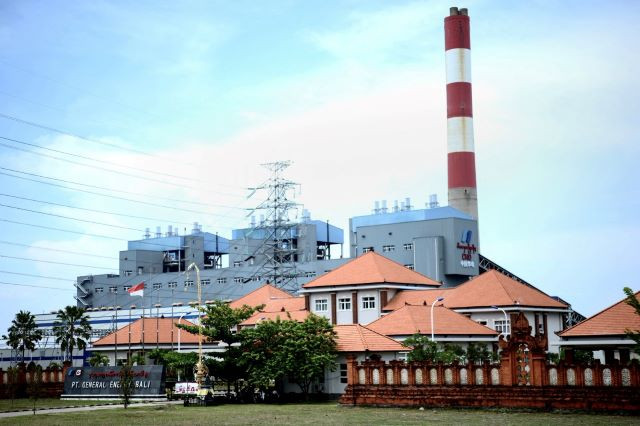 Coal addiction: The Celukan Bawang 2 coal-fired power plant in Singaraja, Bali, is pictured on Oct. 29, 2020. Indonesia still relies mostly on coal to electrify its households.
(AFP/Sonny Tumbelaka)
Coal addiction: The Celukan Bawang 2 coal-fired power plant in Singaraja, Bali, is pictured on Oct. 29, 2020. Indonesia still relies mostly on coal to electrify its households.
(AFP/Sonny Tumbelaka)
T
hings seem to have gone strangely quiet around Indonesia’s Just Energy Transition Partnership (JETP), which was launched to much fanfare at the Group of 20 Summit in Bali in November 2022.
A year later, in November 2023, Jakarta published its Comprehensive Investment and Policy Plan (CIPP) for the JETP, and not much seems to have happened since.
The nitty-gritty of the program’s implementation is putting everyone’s commitment to the test, and doubts are creeping in as to whether anyone will pass.
Meanwhile, there is no lack of ambition on Indonesia’s side for a greener electricity grid, with 70 percent of new power supply put in place until 2033 to be renewable, according to a draft electricity procurement plan seen by The Jakarta Post last month.
The planned 33.2-gigawatt figure for additional generating capacity from renewable energy looks overly optimistic, though, given that previous investment in the area fell far short of government targets.
Nobody is denying the country’s immense renewable energy opportunities, but massive amounts of coal power flowing into the grid make the market prospects for green energy less appealing. Without a fixed timeline to reduce dirty electricity, investors will be cautious about building facilities for clean electricity.
Aside from that, intermittency issues must be resolved to replace coal power with renewable alternatives, and the transmission grid must be expanded to industrializing areas not yet adequately served. Both tasks require heavy upfront investment.
The JETP was meant to plug viability gaps to make bankable many projects that would not otherwise attract private investors, but it will not do much good unless its funds start flowing.
What we have for now is a mutual waiting game in which the International Partners Group (IPG), led by Japan and the United States, is waiting for projects it deems worthy of funding, while the Indonesian government is waiting for funding to offer such projects.
But time waits for no one. The unfortunate truth is that all the talk of win-wins created the wrong expectations around the JETP from the get-go. There are huge losses to be borne because an energy transition in the world’s fourth-most-populous country with a fast-growing economy does not come cheap.
An effective JETP must be a burden-sharing agreement in which both sides are ready to pay. That may require some serious renegotiation.
Indonesia could carry its burden through a state capital injection into power distributor PLN, as suggested by Institute for Essential Services and Reform (IESR) executive director Fabby Tumiwa, or through higher electricity prices for end users, or a mixture of both.
The IPG could carry its burden by vastly increasing the share of grants in the JETP from the current mere 1.4 percent of the proposed funding. Grants, not loans, are often needed to get unprofitable projects off the ground. If they can pour hundreds of billions of dollars into war efforts at short notice, why is it proving difficult to release a fraction of that for efforts to save the planet?
Whether both sides are willing to accept real costs remains to be seen. In the meantime, Indonesia cannot sit on its hands.
In any case, the current scale of the JETP, even in its conception as a catalyst to attract third-party funding, is far too small for Indonesia to depend heavily on that program alone.
To keep its energy transition moving, and more broadly to achieve carbon neutrality, the government needs to home in on near-term deliverables.
Technological upgrades to make thermal power plants less dirty and to shift their feedstock from coal to biomass come to mind, or investment in energy efficiency measures, or renewable power supply in off-grid areas.
Indonesia could look for new funding from global donors, including through the issuance of more green bonds.
We must look beyond the JETP, because the last thing we want is for the JETP to hold up, rather than expedite, our energy transition.


